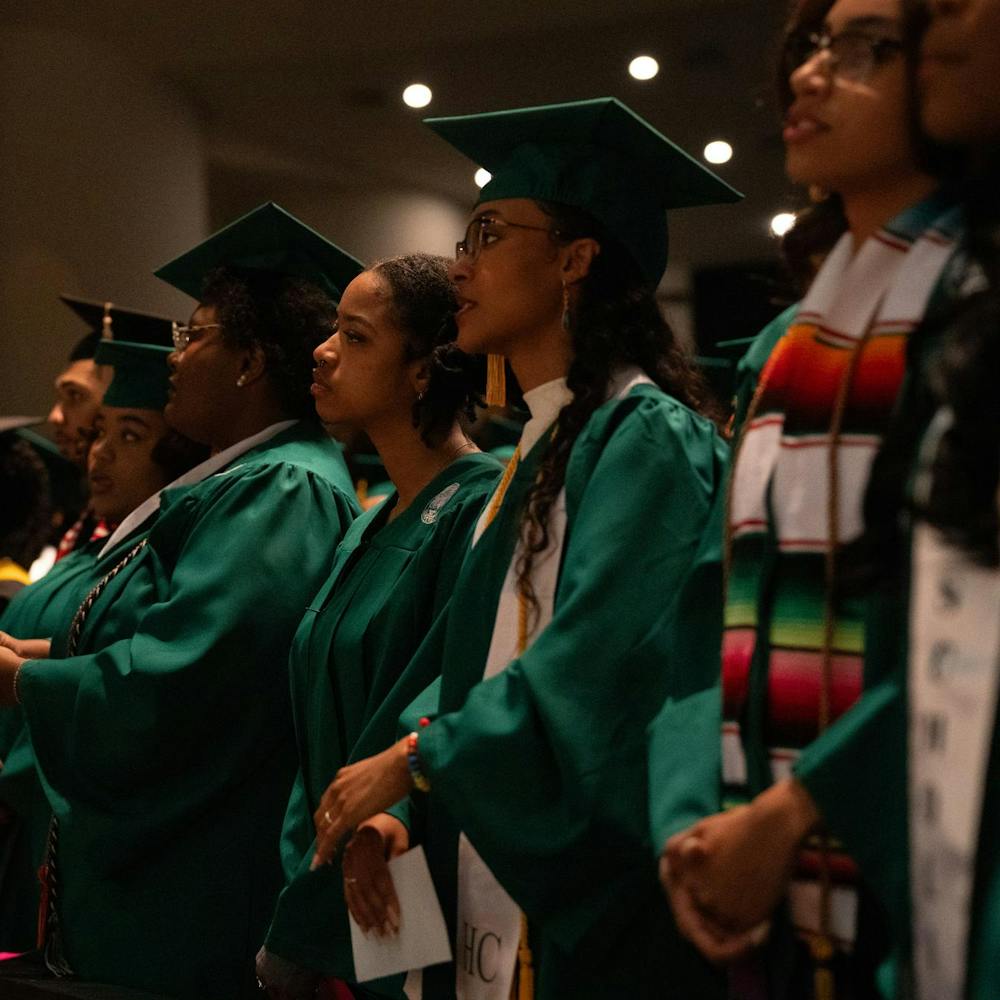Sasha Masters-Jones knew her freshman year she wanted to study abroad in Japan.
The interdisciplinary humanities and professional writing senior is one of 293 MSU students who made an Asian country her destination for study abroad in the 2008-09 school year.
“I’ve had a fascination of Japan for many years,” she said. “I really wanted to do something that took me to Japan.”
But Masters-Jones said most of her peers had their sights set on London or other European countries. Of the thousands of MSU students who studied abroad in the last year, about 11 percent made Asian countries their destination, said Cheryl Benner, communications manager for the university’s Office of Study Abroad.
This percentage puts MSU on par with other universities nationwide that see lower numbers of students choosing Asia as their study abroad destination. Eleven percent of American college students who go abroad pick Asia as their destination, while more than half of students choose European countries, according to The Chronicle of Higher Education.
At MSU, a similar trend has been seen, Benner said.
“Students tend to flock to Europe and Australia where there isn’t a language barrier,” she said. “We’d like to see development in programs where it’s a little out of (students’) comfort zone.”
The language barrier — coupled with the cultural differences and distance from home — are potential reasons for the small numbers, Benner said. At the same time, Europe was the prime destination for American study abroad students for decades, International Studies and Programs Dean Jeffrey Riedinger said.
MSU has been trying to expand its role in Asian countries by increasing the number of study abroad programs offered and matching programs offered to the faculty members researching in Asian countries, Riedinger said. Expanding the university’s presence in Asia is becoming increasingly important as Asia’s impact in America’s politics and economies continues to grow, he said.
“Even for students who expect that their career is going to be working and living in Michigan, there are more and more reasons why they should have experience in Asia — know the people, know the culture, know how to do business there,” Riedinger said.
In the last five years, the number of MSU students who studied in an Asian country increased by about 51 percent, from 194 in the 2004-05 school year to 293 in the 2008-09 school year. In the 2008-09 school year, 48 programs were offered in Asian countries, with the highest number of students traveling to Japan, followed by China.
Masters-Jones, who spent 10 days in Japan and 21 days in China, called her study abroad experience “awesome” but said she could understand why students might choose a European country.
“If they are more afraid to go out of the country and they want to do something at least a little more in their comfort zone, I could definitely see why they would avoid Asia,” she said.
Riedinger said there is knowledge to be gained from each part of the world.
“We’re giving a lot of emphasis on the nontraditional, non-Western European destination even though the majority of our students are still going to the United Kingdom and Western Europe,” he said. “There’s important and good things to be learned there, but it’s important that part of our student body also knows the other parts of the world.”
Support student media!
Please consider donating to The State News and help fund the future of journalism.
Discussion
Share and discuss “MSU hopes for more Asian study abroad ” on social media.






